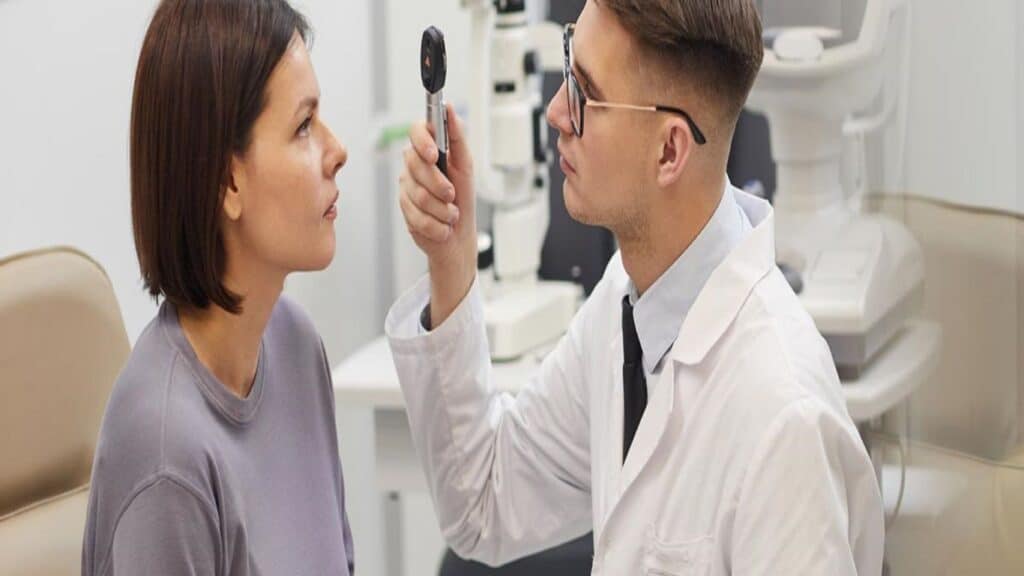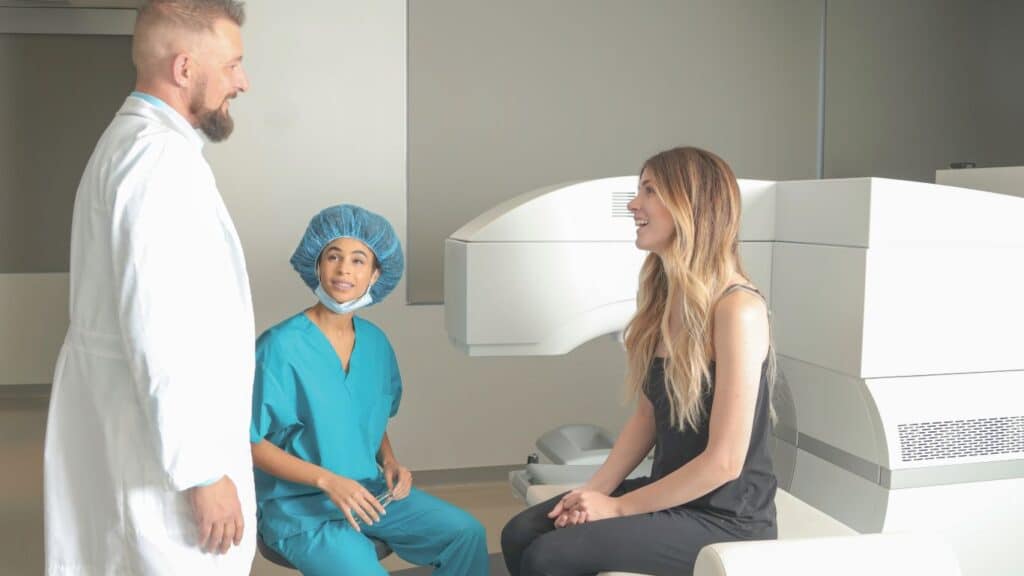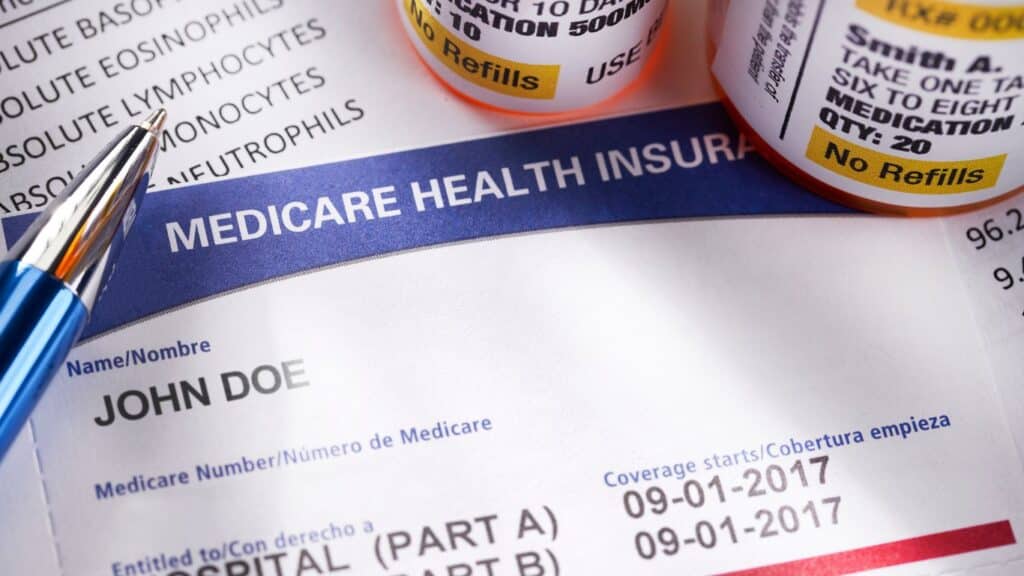LASIK or laser eye surgery is a popular procedure that helps people achieve better vision without needing glasses or contact lenses. Taking care of your eyes after the surgery is crucial for a smooth recovery. In this article, we'll answer the common question, "Can you drink after LASIK surgery?" and discuss the best practices to follow post-surgery. We'll cover how alcohol might affect your recovery, the recommended waiting period before enjoying a drink, and other essential tips to ensure your eyes heal properly.
LASIK, or Laser-Assisted In Situ Keratomileusis, is a type of refractive eye surgery designed to correct common vision problems like nearsightedness, farsightedness, and astigmatism that can bring about blurred vision. Through this process, an eye surgeon reshapes the cornea, allowing light entering the eye to be properly focused onto the retina, thus improving vision clarity.
The LASIK procedure typically involves three main steps. First, the surgeon creates a thin flap in the cornea using either a microkeratome blade. Next, they fold back the corneal flap to access the underlying cornea and use a VISX Star S4 excimer laser to reshape it appropriately. Finally, the corneal flap is repositioned to its original place, where it naturally adheres without stitches.
The benefits of laser eye surgery are numerous:
Right after your LASIK surgery, your eyes need tender care as they start to heal. For the first 24 to 48 hours, you may experience some discomfort, mild pain, or a gritty feeling. It’s important to rest your eyes and avoid straining them. Your doctor will likely prescribe eye drops to prevent infection and reduce inflammation. Following these instructions diligently can help mitigate any potential complications and speed up your recovery.
Although LASIK surgery boasts a high success rate, it's important to be aware of the common side effects and potential complications. Some patients report experiencing dry eyes, glare, halos around lights, or fluctuating vision during the initial weeks of recovery. In rare cases, complications such as infection, under-correction, or over-correction might occur, which can necessitate additional treatment. However, as stated, this is rare, and most patients experience a smooth recovery without any major issues. In case of any concerns or complications, it’s essential to reach out to your eye doctor immediately.
Consuming alcohol after surgery can significantly impede your body's ability to heal. Alcohol is a vasodilator, meaning it widens blood vessels, which can lead to increased blood flow to the wound site. While this might sound beneficial, it actually increases the risk of swelling and bleeding. A study done by Jung et al. highlights that excessive alcohol consumption can delay wound healing by disrupting normal inflammatory responses and reducing the body's ability to produce crucial proteins for tissue repair.
Your immune system is your body's defense against infections and illnesses, and maintaining its strength is essential for a smooth recovery. Alcohol has been shown to weaken immune function, making you more susceptible to infections. Research from the Alcohol Research & Health journal indicates that chronic alcohol consumption suppresses the function of various immune cells such as macrophages and T cells. This immunosuppressive effect can be particularly concerning post-surgery, as your body is already in a weakened state and more vulnerable to infection.
Part of your post-LASIK care may involve medications such as antibiotics and anti-inflammatory drugs to aid in healing and prevent complications. Alcohol can interfere with the effectiveness of these medications. For instance, alcohol can alter the metabolism of drugs in the liver, either by accelerating or delaying drug clearance. Therefore, it's crucial to follow your healthcare provider's advice on alcohol consumption during your recovery period.
Now that we've covered some essential post-LASIK guidelines, let's talk about a topic on many people's minds: "Can you drink after LASIK surgery?" After a long journey toward getting perfect vision, you might be wondering if it's time to pour a celebratory drink.
After LASIK surgery, most doctors recommend being cautious with alcohol. It's not just about eye health; alcohol can affect your whole body during healing. Typically, your surgeon will advise avoiding alcohol for at least the first 48 hours to prevent interference with medications and help your body heal. Research says that skipping alcohol for 2 to 4 weeks after surgery can lead to better short-term results, like less inflammation, quicker recovery and fewer postoperative complications.
Drinking alcohol after LASIK can cause more than just grogginess. It dehydrates your body, making it harder for your eyes to heal since they need moisture. Alcohol also increases swelling and delays healing. A study in the "Journal of Refractive Surgery" found that patients who drank alcohol soon after LASIK had more dry eye symptoms and corneal irritation.
It's important to understand the difference between short-term and long-term alcohol consumption after LASIK surgery. In the short term, you should avoid alcohol completely for at least one week because your eyes are healing and alcohol can slow this process. Long-term, occasional drinking is usually okay if you stay hydrated and follow other care instructions. However, drinking too much over a long period can harm your overall health and indirectly affect your eyes.
You've made it this far and it's natural to have questions about what's next, including when you might enjoy your favorite drink again.
Right after your LASIK surgery, your main focus should be on giving your eyes the best chance to heal. For the first 24 to 48 hours, it's crucial to avoid alcohol entirely. This is a sensitive period where your body is working hard to initiate the healing process. As stated above, studies show that avoiding 2-4 weeks post-op can lead to better short-term results. Therefore, it's best to abstain from alcohol for at least the first two weeks.
While you may be eager to have a drink after your recovery period is over, it's essential to keep the long-term effects of alcohol consumption in mind. If you drink alcohol excessively or frequently, it can lead to health issues that could ultimately impact your vision and overall well-being. As always, moderation is key when it comes to alcohol consumption post-LASIK surgery. Before you consume alcohol, it's crucial to consider how much and how often you are drinking and whether it could potentially harm your eyes or body.
While it may be tempting to celebrate your LASIK procedure with a drink, it's essential to prioritize your eye health and follow the recommended guidelines on alcohol consumption. Avoiding alcohol in the short term can help ensure a smoother and quicker recovery, while mindful drinking in the long term can contribute to maintaining your overall health and vision.
If you have any more questions about LASIK surgery or post-operative care, don't hesitate to reach out to us at Texas Vision & Laser Center for a consultation. Your vision is our priority—contact us today to schedule your appointment!



